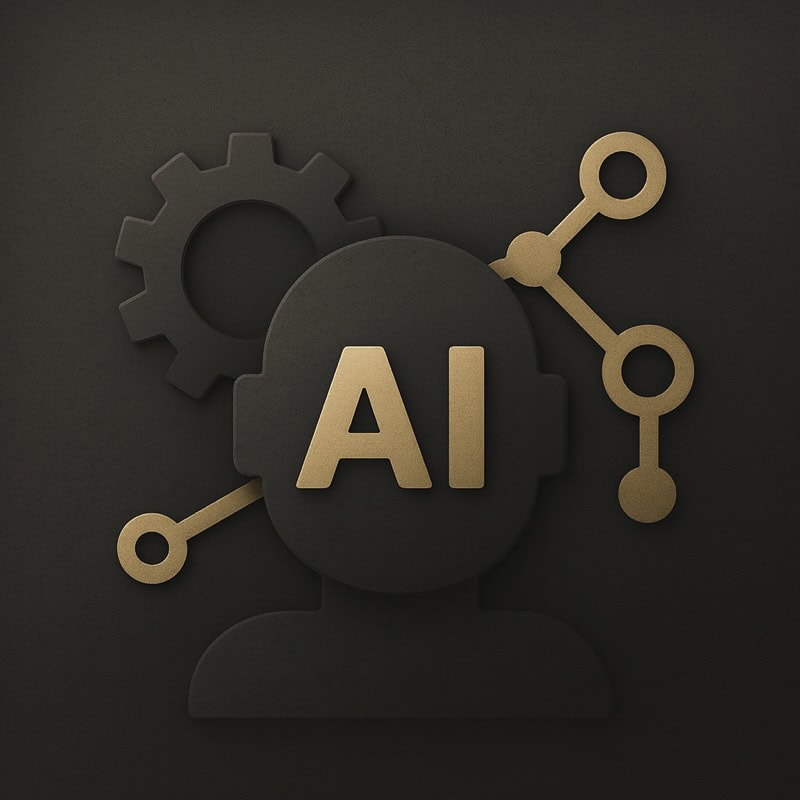The AI Training Programs Revolution
AI-powered training program development has transformed organizational learning by providing personalized education experiences, adaptive learning pathways, and intelligent skill assessment that accelerate employee development while optimizing training effectiveness. Developing AI training programs requires strategic curriculum design, technology integration, and continuous optimization to create comprehensive learning solutions that address diverse skill development needs and organizational objectives.
Strategic Training Needs Assessment and Planning
Successful AI training program development begins with comprehensive analysis of skill gaps, learning objectives, and organizational development requirements that inform strategic curriculum development. Implementation involves competency mapping, learning goal identification, and training requirement analysis that creates foundation metrics for AI system optimization and learning effectiveness measurement.
The planning process includes skill assessment, learning pathway design, and competency framework development that creates detailed training strategy blueprints for AI implementation. This strategic foundation ensures AI training systems address actual organizational learning needs while improving employee capabilities and business performance.
AI Learning Platform Selection and Integration
Choosing appropriate AI training platforms requires evaluation of learning capabilities, personalization options, and integration features that support comprehensive organizational learning workflows. Modern AI learning systems offer adaptive content delivery, intelligent assessment tools, and personalized learning experiences that create engaging educational environments.
Implementation involves platform configuration, existing system integration, and workflow optimization that ensures AI systems complement current training infrastructure. The integration process includes content migration, instructor training, and system validation that confirms AI performance before full training program deployment.
Personalized Learning Pathway Development
AI training programs enable sophisticated learning pathway creation that adapts content delivery, pacing, and assessment methods based on individual learning styles and progress patterns. Implementation requires adaptive content systems, personalization algorithms, and progress tracking tools that create customized learning experiences for each program participant.
The pathway development includes learning preference analysis, content adaptation, and progression optimization that ensures comprehensive skill development coverage. Personalization systems adjust content difficulty, learning format preferences, and assessment methods that optimize learning outcomes for diverse learning styles and capability levels.
Intelligent Content Creation and Curation
Advanced AI training programs provide intelligent content creation capabilities that generate relevant learning materials, curate external resources, and adapt content based on learning effectiveness and engagement patterns. These systems analyze learning objectives, industry trends, and participant feedback to create comprehensive training content libraries.
The content creation process includes material generation, resource curation, and content optimization that enables effective knowledge transfer across different topics and skill levels. Intelligent systems help maintain content relevance while ensuring comprehensive coverage of required competencies and learning objectives.
Assessment and Progress Monitoring
AI training programs provide comprehensive assessment capabilities that track learning progress, identify skill gaps, and measure competency development across different training modules. Implementation involves assessment platform integration, progress tracking, and performance analytics that create data-driven learning improvement strategies.
These monitoring systems track completion rates, skill acquisition, and knowledge retention patterns that influence training program optimization. Regular assessment analysis provides insights into learning effectiveness and improvement opportunities that enhance overall training outcomes and organizational capability development.
Collaborative Learning and Knowledge Sharing
Developing AI training programs requires collaborative learning features that facilitate peer interaction, knowledge sharing, and group learning experiences that enhance individual learning outcomes. Implementation involves collaboration tools, discussion platforms, and knowledge sharing systems that create social learning environments.
Collaborative features include peer learning facilitation, expert knowledge sharing, and community building that creates comprehensive learning ecosystems. These systems ensure training programs provide both individual skill development and organizational knowledge transfer that builds collective capability and expertise.
Continuous Program Optimization and Evolution
AI training programs require ongoing refinement based on learning analytics, participant feedback, and changing skill requirements. Effective optimization involves program analysis, content evaluation, and system capability expansion that maintains training effectiveness as organizational needs and industry requirements evolve.
The improvement process includes regular program updates, content enhancement, and feature expansion that ensures AI training programs remain effective and valuable. This continuous optimization creates learning systems that adapt to changing skill needs while maintaining high educational standards and learning engagement levels that drive organizational success.


